If you assume that eating clean and shopping for organic food on a budget is impossible, you’ll be pleasantly surprised. Eating clean is the best thing you can do for your health (and weight loss if that’s your goal) which just takes a little planning. But shopping organic means you are serious about the quality of the food you eat and is also a very good thing!
In order to get the best quality foods, you’ll need to arm yourself with the right information while you put a good shopping strategy in place. Knowing what foods to look for, where to find them and how to navigate the market is the key to shopping organic on a budget.
Table of Contents
Organic Vs. Non-Organic: Which Is Better?
When you are trying to eat clean, buying less processed foods is a good place to start. Organic foods, in my opinion, are always the best choice because they have fewer pesticides and chemicals as compared to conventional foods.
Studies show that pesticides and chemicals used to preserve crops are known to disrupt hormones, cause inflammation (which can stall your weight loss efforts) and contribute to certain types of cancer. This is even more incentive for you to buy the healthiest, safest, most nutritious fruits and vegetables that you can afford.
There is a large majority of people that don’t believe it is possible to eat clean and shop for organic foods while on a budget. But, once you start shopping for groceries with a keen eye, you’ll understand where you’ve been spending money on foods that don’t support your health and wellness goals.
[convertkit form=1281217]Here’s some good news. All of your foods don’t have to be organic to be considered healthy. What you should know is that there is an organic vs. non-organic debate in the food industry. Some studies reveal that there isn’t enough data to support the claim that the pesticides and chemicals used to grow crops pose any harm to our bodies.
Still, there are studies that show that pesticides and chemicals used in conventional farming build up in our bodies and can be harmful to our health over time. The mere fact that there are organic vs. non-organic foods tells me that there is obviously a better choice to make. I personally choose the fewer pesticides and chemicals option.
In order to make informed decisions about what you put in your body, it helps to know what the research shows on both sides of this debate. I’m of the belief that ignorance is not bliss. My advice is and always will be to make sure you know what’s in (or on) the foods that you buy.
How to Select the Safest Produce While On A Budget
There are certain produce items that are best eaten organic due to their high levels of pesticides. Known as the “Dirty Dozen”, these foods should be eaten organic whenever possible.
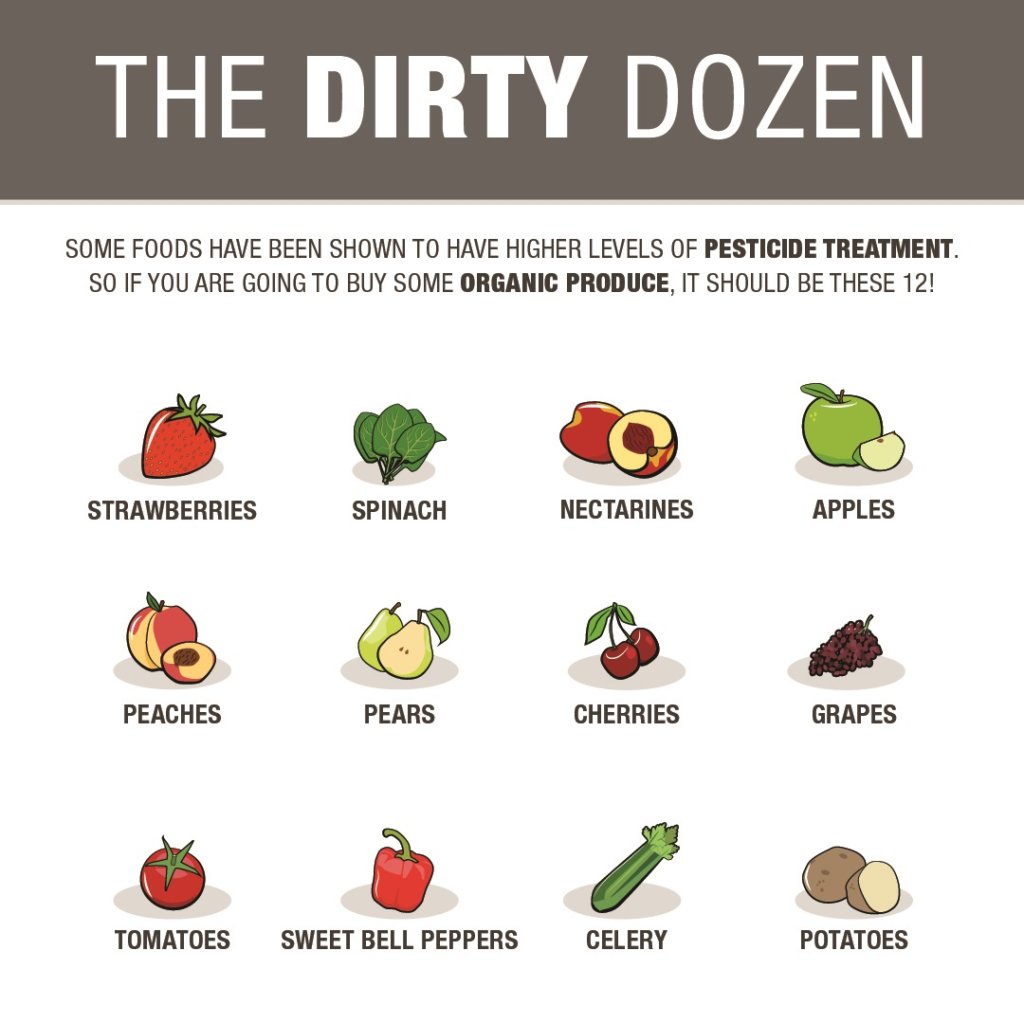
Just as there is a list of foods that are thought to have higher levels of pesticides, there is also a list of foods that have lower levels. This list is known as the “Clean Fifteen”.
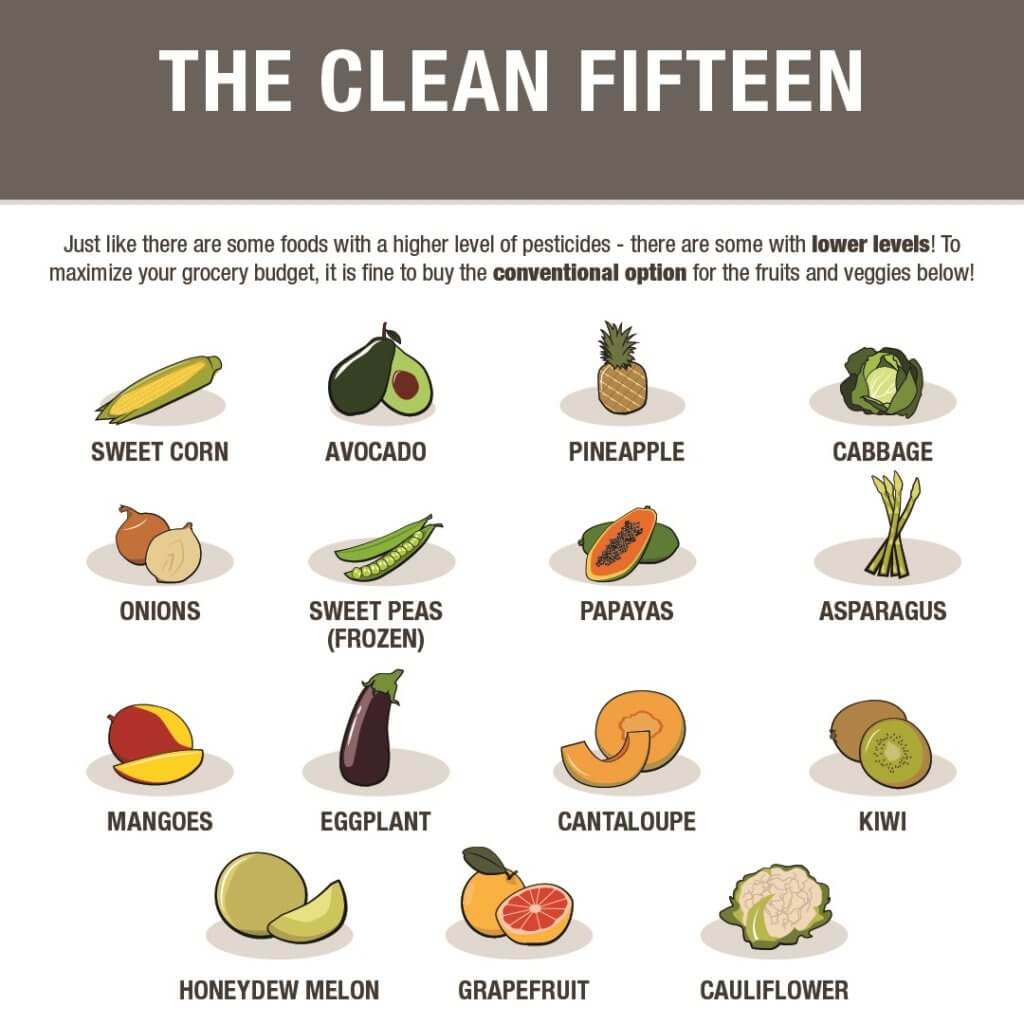
There may be times when your budget won’t allow for organic produce, but don’t let that stop you from buying fruit and vegetables. If you select products from the clean fifteen you’ll still be purchasing healthy food without drastically cut into your shopping budget.
6 Easy Tips For Eating Clean And Shopping Organic While Saving Money
Whether your goal is to lose weight or if you want to start living a healthier lifestyle, you don’t have to go over your budget when you shop for groceries. Here are 6 ways you can shop organic without breaking the bank:
1. Always Create A Shopping List
Almost all advice for improving grocery shopping experiences includes making a list. This is important every time, especially when buying organic foods.
Consumer Reports estimates that your food budget will rise by a whopping 50% if you choose an organic item as a substitute for each item you need. Prioritize what items you need to buy that are organic, and choose the generic or cheapest brand for everything else.
2. Become An Experienced Label Reader
Along with a lot of confusing labels, it’s hard to know what is organic and what is not. Become a smart label reader to ensure you are buying organic products and not spending money on fancy expensive goods that may look good, but are not organic.
[convertkit form=1281217]3. Look For Ways To Save A Little Money Every Week
Adding organic items to your weekly grocery list will cost a little more, but you can offset this by looking for ways to cut back on frivolous spending. For example, if you’re in the habit of buying coffee from your favorite coffee shop every day, consider buying a travel mug and make your coffee at home. Doing this could save you around $40 or more every, which is money that can be used to purchase healthier organic food.
If your desire is to eat clean and shop organic, I challenge you to find another 2 or three items you can forego buying. Don’t be fooled by crackers, cookies, and chips are all junk foods even if they are labeled organic. You’re eating clean now, so substitute those snacks for healthier options such as hummus and organic carrot sticks, nuts, seeds or dark chocolate.
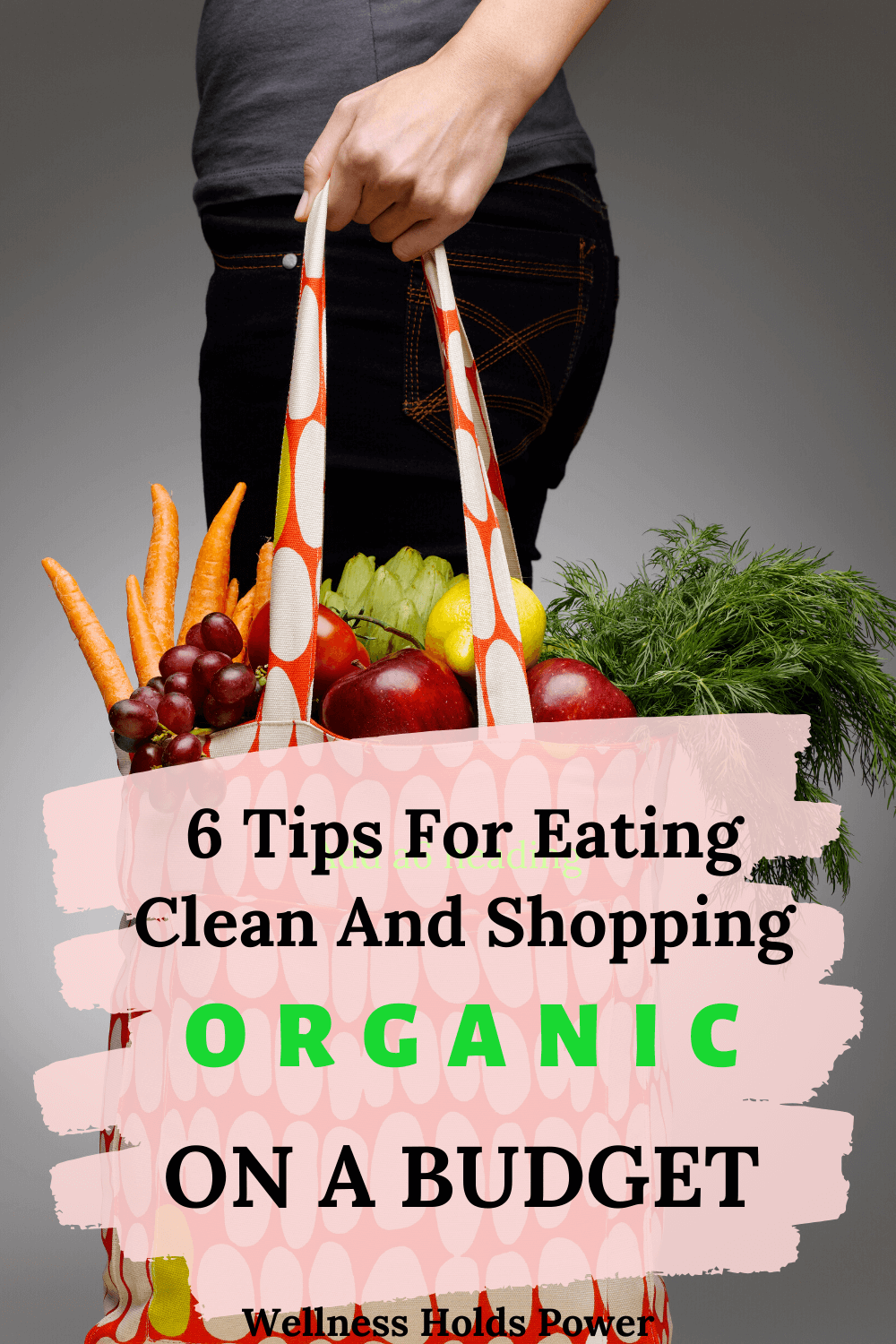
You can always get adventurous in the kitchen and make healthier versions of your favorite treats. Once you have given yourself enough time to get accustomed to eating clean, you won’t crave the foods you once did and you will feel amazing!
4. Stock Up If Possible When Shopping For Organic Food
Big box wholesalers enable you to buy a selection of organic products in bulk, including granola, cereals, peanut butter, and so much more. If you are a member of a wholesaler, it’s a great idea to check the prices and sales to see if you can get these healthy items at a bargain price.
5. Become A Conscious Consumer
When you’re eating clean and shopping for organic food on a budget it helps to do your shopping in a store where you know the layout. This will prevent those hurried impulse buys of less healthy choices that usually happen when you are pressed for time.
I try to avoid going into stores that I don’t frequently go into for this reason. For instance, even if you have good intentions, passing through the bakery when you are looking for the seafood section can be a tempting distraction. When you are just starting a clean eating lifestyle, stick with shopping at stores that you can navigate through quickly.
Your success with eating clean and shopping for organic foods on a budget depends on how focused you are.
6. Beware Of Labels Marked “Healthy”
Beware of labels marked “natural” and “healthy”. These are just buzz words to trick consumers into thinking that they are getting something good for them. Also, if you see a long ingredient list with words you can’t pronounce, leave it on the shelf.
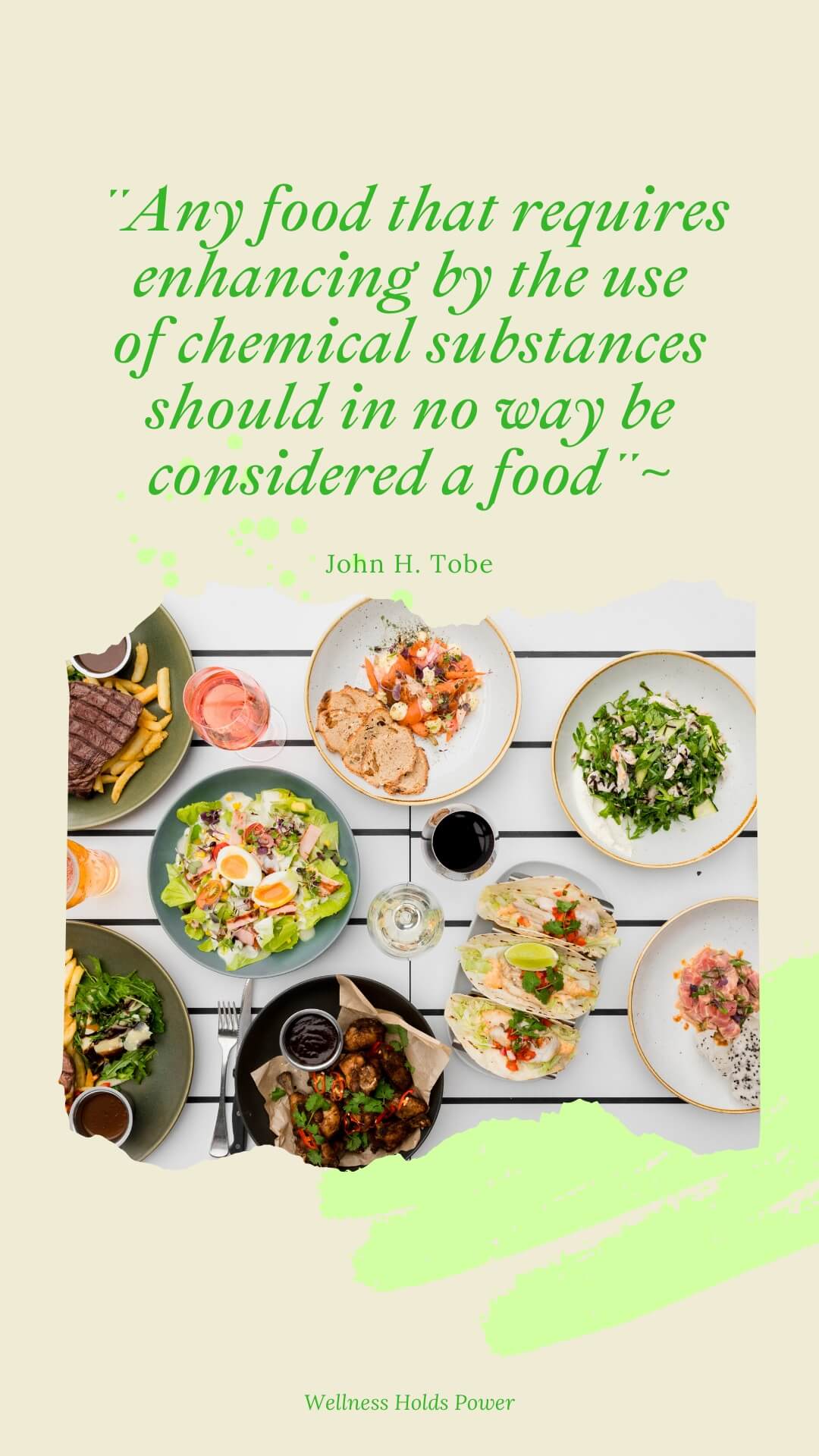
Eating clean is really about eating foods in their natural state whenever possible. If you see a food label with fewer than 5 ingredients and you can identify every word and define the ingredients, you’ll be making a decent choice.
The next time you are food shopping notice how specific products are placed at eye-level to catch your attention. Even those advertised as healthy choices may be chock full of other ingredients you shouldn’t be putting in your body, such as preservatives and sugar.
[convertkit form=1281217]Do some research online for truly “good-for-you” brands and find out what retailers carry them. Knowing this information ahead of time will make your shopping trip more focused, easier, and faster, not to mention healthier.
Conclusion
Supermarkets intend to make you spend more money and time inside. They conceal the healthy things on the obscure shelves in the sections no one visits in order to create food traffic and lure people into making unplanned purchases for things they don’t need.
Have you ever noticed that when you walk into a market, you start browsing right away, but then have to remind yourself that you have a list? This is because the supermarket’s main objective is to sell you something. The entrance is littered with flowers to activate your salivary glands, and specialty counters to make you more likely to make quick, impulse purchases.
To shop clean foods, shop smart.
Know what to look for when you go grocery shopping and know where to find it. Do this, and you will be on the right path toward healthy living in no time!
Are you considering eating clean and adding organic foods to your shopping list?
Sources:
https://www.healthline.com/nutrition/what-is-organic-food#section7
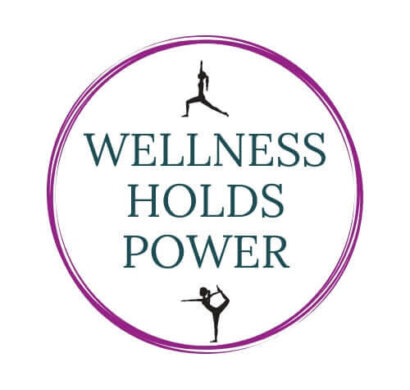
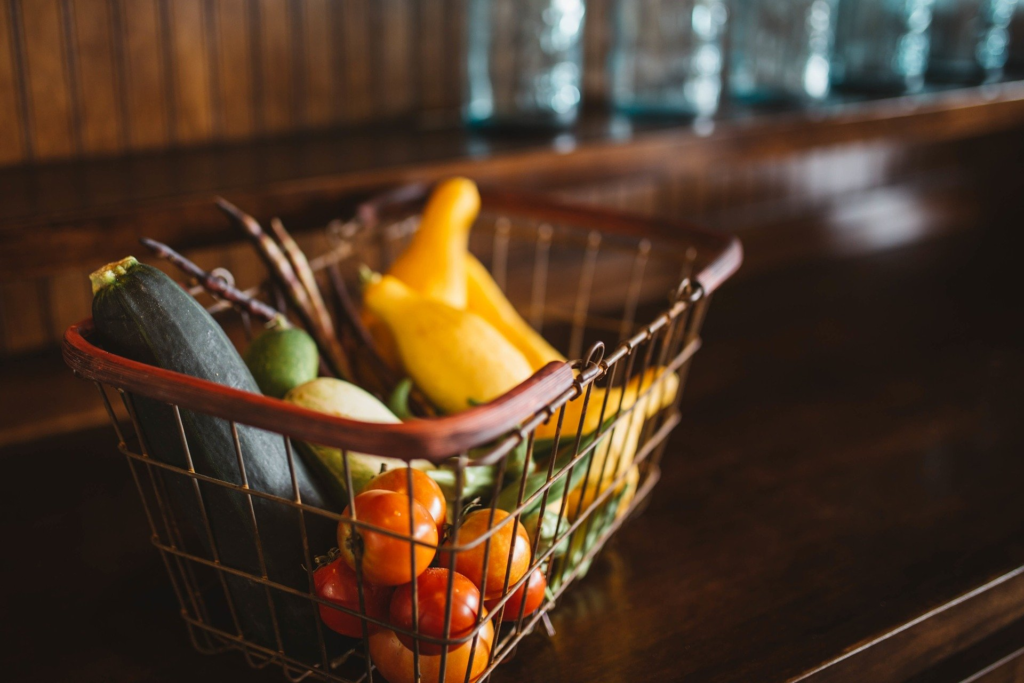
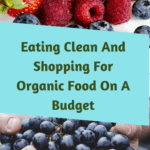
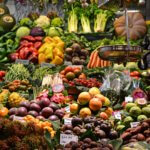


Awesome tips! I’m Vegan so I definitely enjoyed the tips on how to get organic foods on a budget. I’d like to eat all organic but it’s just so much more expensive. So I appreciate these tips!
Thank you! Glad I could help!
Great tips! Especially about the organic cookies, crackers etc! Just because it’s organic doesn’t mean it’s not processed 🙂
Exactly!